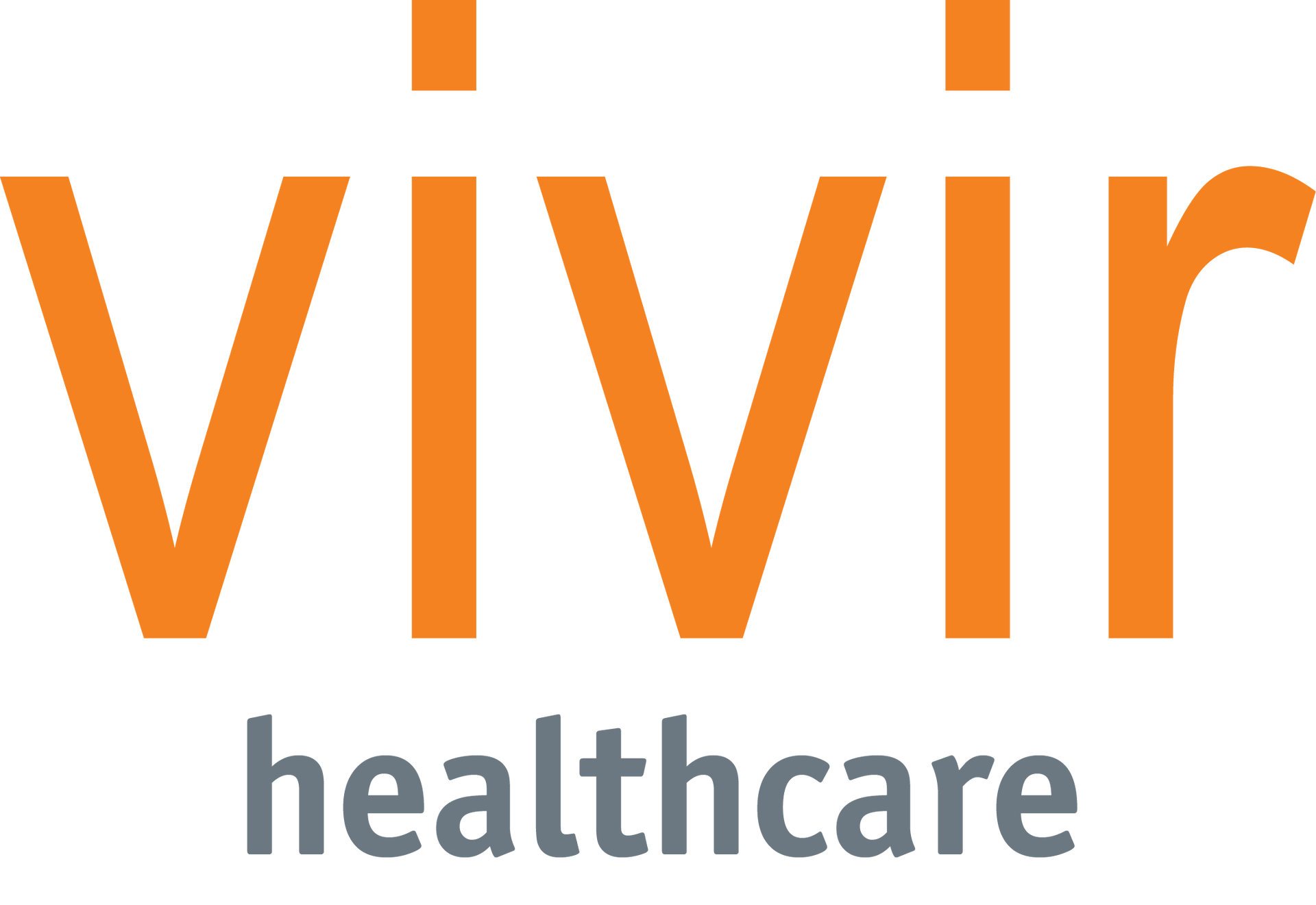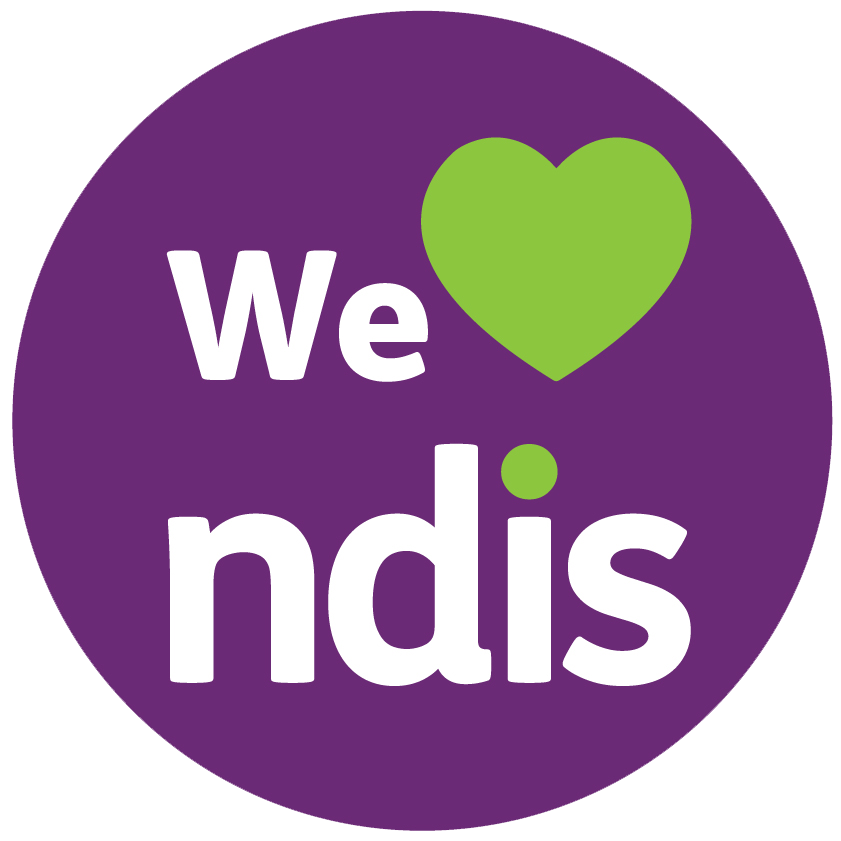How to nail your interview as an Allied Health Professional
Interviewing for a career in the allied health field can be an intimidating task. From researching the job and organisation to practicing responses to anticipated questions, the process requires due diligence and thoughtful preparation. However, with proper knowledge of what it takes to succeed as an allied health professional, you can reduce your anxiety and come away from interviews confident that you’ve highlighted your skills appropriately. Continue reading this post for insider tips on how to ace every interview opportunity!
Research the organisation and ask yourself what skills and qualifications you have that match their job requirements
As you research the organisation you're interested in, it is important to take note of their specific job requirements and think about how your own skills and qualifications align with them. Ask yourself, what unique attributes do I bring to the table that would make me a good fit for this role? You may have additional qualifications in a relevant field, or experience working with a specific program, or have a degree in a relevant field. Even if you do not have every requirement listed in the job description, don't get discouraged. Highlight the skills you do possess and think about how you can leverage them to make a valuable contribution to the business. Taking the time to assess your own strengths and match them with a potential employer's needs is a wonderful way to set yourself apart in a competitive job market.
Prepare your resume in advance - make sure it is up to date, organised, and comprehensive
Your resume is your personal marketing tool that highlights your skills, experiences, and qualifications to potential employers. It is always a good idea to prepare your resume in advance and keep it up to date. This means that you must make sure that it is well-organised, comprehensive, and easy to read. It is important to highlight your achievements and describe your responsibilities in a clear and concise manner. A good resume should be tailored to the job you are applying for and should always be accompanied by a well-crafted cover letter. By taking the time to prepare and update your resume, you can ensure that you are presenting yourself in the best light to potential employers.
Practice answering typical interview questions
Going to a job interview can be nerve-wracking, but there is an easy way to calm your nerves and prepare for the big day: practice! By going through common interview questions, such as "what are your strengths and weaknesses?" or "why do you want to work for our company?", with someone you trust, you can get comfortable with delivering confident answers. Plus, your practice partner can give you helpful feedback on your responses, allowing you to refine your answers before the actual interview.
It is also important to practice more specific, healthcare oriented questions for when you are being asked about your clinical knowledge. Practicing responses to common clinical questions relevant to the role you are interviewing for will help you feel prepared and confident in demonstrating your skills and abilities. With a bit of practice, you can walk into your interview with confidence and ace those tough questions!
Dress to impress - choose professional clothing that makes you feel confident
Be sure to bring several copies of your resume, references, and other documents as required by the interviewer
Preparing for a job interview can be nerve-wracking, but being organised and prepared can set you up for success. If you’re interviewing in person, one important aspect is to ensure you have several copies of your resume, references, and any other documents required by the interviewer. This not only shows that you are organised and responsible, but it also allows for easy reference during the interview. Do not assume that because you have already emailed your resume through that the person interviewing you will have a copy on hand! Additionally, having extra copies ensures that you are prepared in case there are unexpected changes to the interview panel or if additional interviewers are added.
Many companies have moved to remote interviewing, which is advantageous in the fact that you don’t have to risk traffic, or being unable to find a physical location, however, there are key considerations you should make for a virtual interview- ensure you have a quiet place to interview, free from distractions, and test your internet connection ahead of time. If you do not have a reliable internet provider, find somewhere that does, this could be a library, or shared office area. Remember, the more prepared you are, the more confident you will feel, and the better your chances of acing that interview!
A job interview is an opportunity to demonstrate why you are the ideal candidate for the position. As such, make sure that you take the time to research the organisation and their requirements and have your resume ready ahead of time. Additionally, practice common interview questions so that you feel more confident at the actual interview. Moreover, arrive early, dress to impress, and show enthusiasm for the role. Most importantly, bring any extra documents requested by the interviewer – such as references or right to work documentation. With these steps in mind, there is no reason your job interview experience won’t be a positive one. So go out there - ace your job interview and get hired!
Enhance your career with Vivir Healthcare
If you’re an allied health professional looking for a rewarding career with a quality provider of allied health services, committed to making lives better, we’d love to hear from you! Head to our jobs page for the roles we are currently hiring for.








